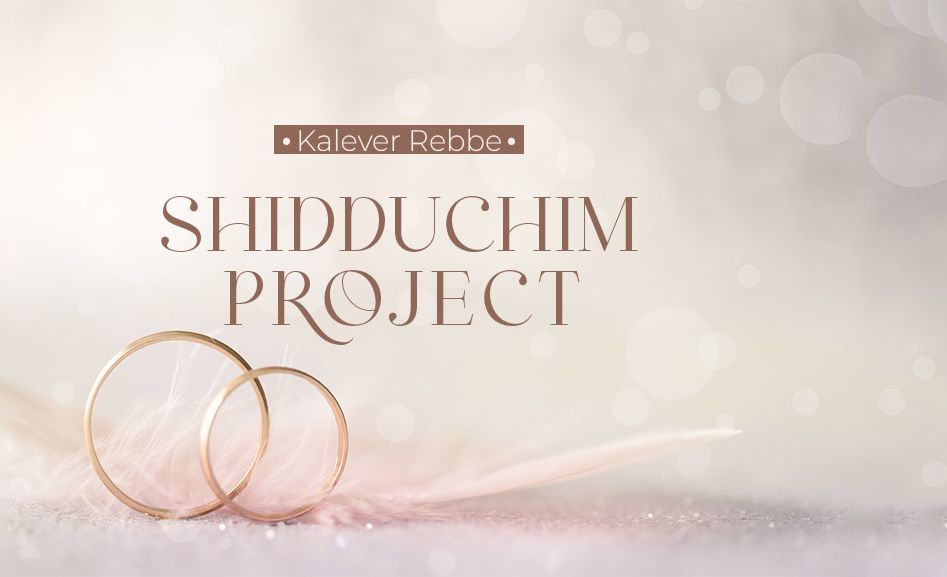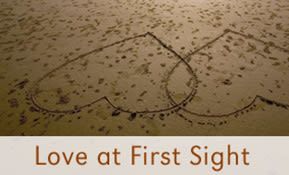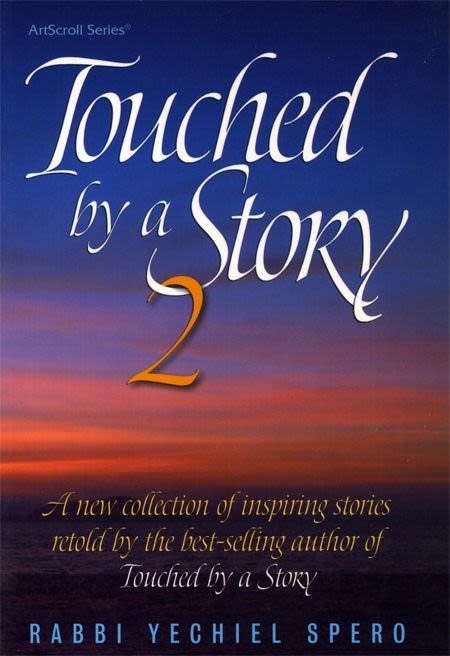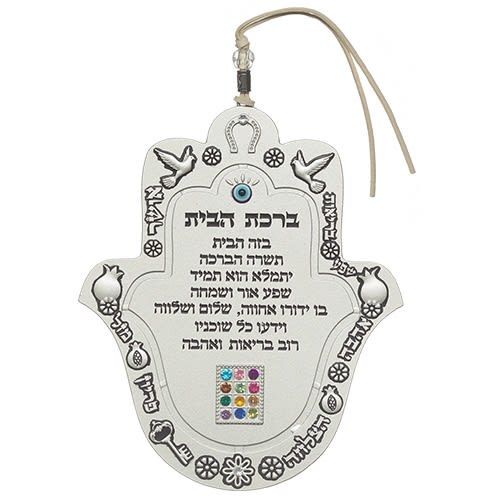
Remembering Your Shared Soul
There are special times of the year that are opportune for remembering that we and our marital partners share the same soul; this strengthens the marital bond...

Although finding one’s soul mate and relating to her as such is no simple matter, there are propitious times for identifying her (i.e., “remembering” her in their common soul-root).
The first of these is Rosh HaShanah, the first day of the Jewish year. Adam and Eve were created on Rosh HaShanah; our sages teach us that they were created as 20-year-olds (Bereishit Rabbah 14:7). On the day they were created, G-d brought them to the garden of Eden, which He had prepared as an extended wedding canopy. Rosh HaShanah is thus both man’s birthday and his wedding anniversary.
We refer to Rosh HaShanah in our prayers as Yom HaZikaron , which is commonly translated “the Day of Remembrance,” but which more literally means “the Day of Memory.” Rosh HaShanah is the day of judgment. G-d not only remembers us by judging us as we are in this world but also remembers us as we were before our souls descended into our bodies, when they were “an actual part of G-d above.” This arouses His mercy over us, since our souls have descended from such a height to such depths.
Inasmuch as the world is continuously being created and sustained from G-d’s consciousness, on Rosh HaShanah a Jew is also able to remember (i.e., sense) his origin in G-d’s infinite light. This origin is the common soul-root he shares with his spouse.

Besides Rosh HaShanah, the collective birthday of mankind, one’s individual soul-root (mazal) is particularly accessible on his personal birthday (Rosh HaShanah 3:8). One’s birthday is thus another propitious time for identifying (i.e., “remembering”) one’s soul mate.
A third such time is one’s wedding anniversary. Under the wedding canopy, a couple’s soul-root shines in all its power, and draws down blessing and Divinely inspired consciousness (i.e., memory) of their essential oneness. One’s wedding anniversary is thus an auspicious time for a couple to remember their common soul-root.
Finally, “there were no more joyous days in Israel than the fifteenth of Av and Yom Kippur, for on these days the daughters of Jerusalem…went out and danced in the vineyards, saying ‘Young man! Lift up your eyes and see what you will choose…'”(Ta’anit 26b). These two days are especially propitious for making matches.
These days, then, are the most conducive to remembering both the origin of one’s individual soul and the soul-root one shares with one’s spouse.
In order to “remember,” one meditates on the fact that the source of one’s soul is “an actual part of G-d above,” thus realizing the great resources and potential it possesses, most of which are still untapped. One thereby achieves maximum awareness of his (or their) common task on earth and the spiritual strength to “choose life” (Deuteronomy 30:19) in the steadfast progression toward his (or their) goals.
In day-to-day life, this memory is reflected in a couple’s shared hopes and plans for the future, as well as for their immediate and extended family (and indeed, for all those upon whom they have a positive influence).
This implies, as well, that the most important criterion for choosing one’s soul mate (i.e., that which most identifies, albeit indirectly, the possession of a common soul-root), is: do we strive in the same way to realize the same ideals? The prospective partners should simply look for a general sense of mutual affinity and attraction, together with shared ideals and goals in life. When they discuss the common future they envision building, or their common ideals and objectives in life, each should become excited about what the other says.
“Oneness” in their past, present, and future is thus what defines a truly predestined (bashert) couple. They share a common soul-root (their past), common goals (their future), and always (in the present) remember their common origin as they proceed toward their common goal.
***
Reprinted with courtesy of www.inner.org












Tell us what you think!
Thank you for your comment!
It will be published after approval by the Editor.